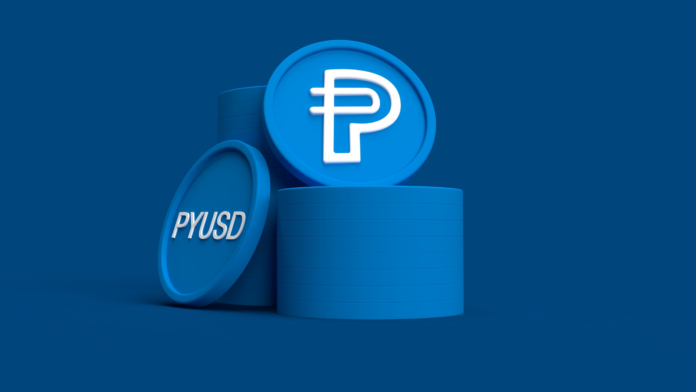The decentralized finance (DeFi) world is abuzz as Aave, a leader in the crypto lending domain, embarks on an exciting journey by integrating PayPal’s PYUSD stablecoin into its Ethereum pool. This initiative, backed by an overwhelming positive vote from the Aave community, is a significant step in merging the realms of traditional finance and DeFi.
In a true reflection of the democratic spirit of decentralized systems, Aave turned to its community to decide on the inclusion of PayPal’s PYUSD. The proposal, put forward in December, led to a community vote from January 8 to January 11, which saw an astonishing 99.99% of Aave token holders favoring the integration. This result, representing the views of over 460,000 community members, signifies a strong endorsement for this new direction.
The rationale behind selecting PYUSD is deeply rooted in its performance since its inception. The stablecoin has seen its circulation supply surge to more than $230 million, showcasing its market acceptance and resilience. Aave plans to further scale the pool and introduce additional incentives to ensure the necessary liquidity to meet its market objectives.
The integration is more than just adding another asset to Aave’s portfolio. It’s about forging synergistic relationships between Aave and PYUSD and strengthening the ties between PYUSD and Aave’s own GHO stablecoin. This collaboration is a testament to Aave’s vision of a more interconnected and robust DeFi ecosystem.
The move also consolidates Aave’s status in the DeFi space. As the third-largest DeFi platform globally, with nearly $5 billion in crypto assets locked, according to Dappradar, Aave continues to fortify its position in the DeFi sector with this strategic addition.
This development follows a similar integration by decentralized exchange Curve, which included PYUSD in its offerings in December. The stablecoin market is highly competitive, with giants like Tether (USDT) currently leading. Clara Medalie, the Director of Expansion at DeFi research firm Kaiko, notes that PYUSD’s entry into centralized exchanges is a sign of its potential in crypto trading, but it faces stiff competition from established stablecoins like USDT.
An intriguing aspect of PYUSD’s journey is its issuance by Paxos, the same entity that previously issued the Binance BUSD stablecoin. In response to regulatory actions from the New York Department of Financial Services (NYDFS), Paxos shifted its focus to PYUSD, partnering with Trident Digital to enhance its on-chain liquidity. This maneuver highlights the firm’s adaptability in the face of regulatory shifts.
Aave’s decision to onboard PYUSD is more than just a new asset addition; it represents the continuous evolution of the DeFi sector. By bridging traditional financial institutions with decentralized platforms, Aave is not only diversifying its offerings but also leading the charge towards greater mainstream adoption of crypto lending solutions. As the DeFi landscape evolves, Aave’s integration of PYUSD marks a significant stride in the dynamic and innovative world of cryptocurrency and fintech.
















